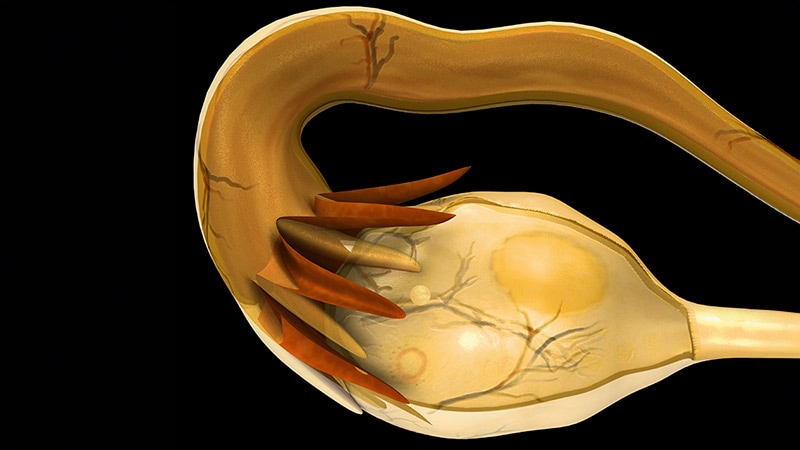According to a new study published in the journal Osteoporosis International, the persistence with osteoporosis medications remains poor among postmenopausal women treated in UK primary care settings.
Using the Clinical Practice Research Datalink, researchers retrospectively analysed primary care data for all women aged ≥50 years or those with early menopause who received at least one prescription for any licensed osteoporosis treatment. Primary outcome was persistence and compliance with both oral and parenteral osteoporosis therapies in three cohorts: 'All Patients', 'Naïve Patients' and 'Drug-Specific'.
Persistence with any therapy at six months, 24 months and five years was 56.1 per cent, 31.0 per cent and 13.1 per cent, respectively, in the All Patients cohort. Persistence and compliance were generally higher if the evaluation was performed from their first exposure to osteoporosis therapy in the Naïve Patients cohort. In the Drug-Specific cohort, 50 per cent of patients receiving subcutaneous denosumab were persistent at 24 months vs 19 per cent and 15.2 per cent of those receiving oral and intravenous bisphosphonates, respectively.
The authors concluded: "Owing to the chronic and progressive nature of osteoporosis, patients need to persist with therapy to gain the clinical benefit from their medication. There is a major need to improve persistence and compliance with osteoporosis medication."



